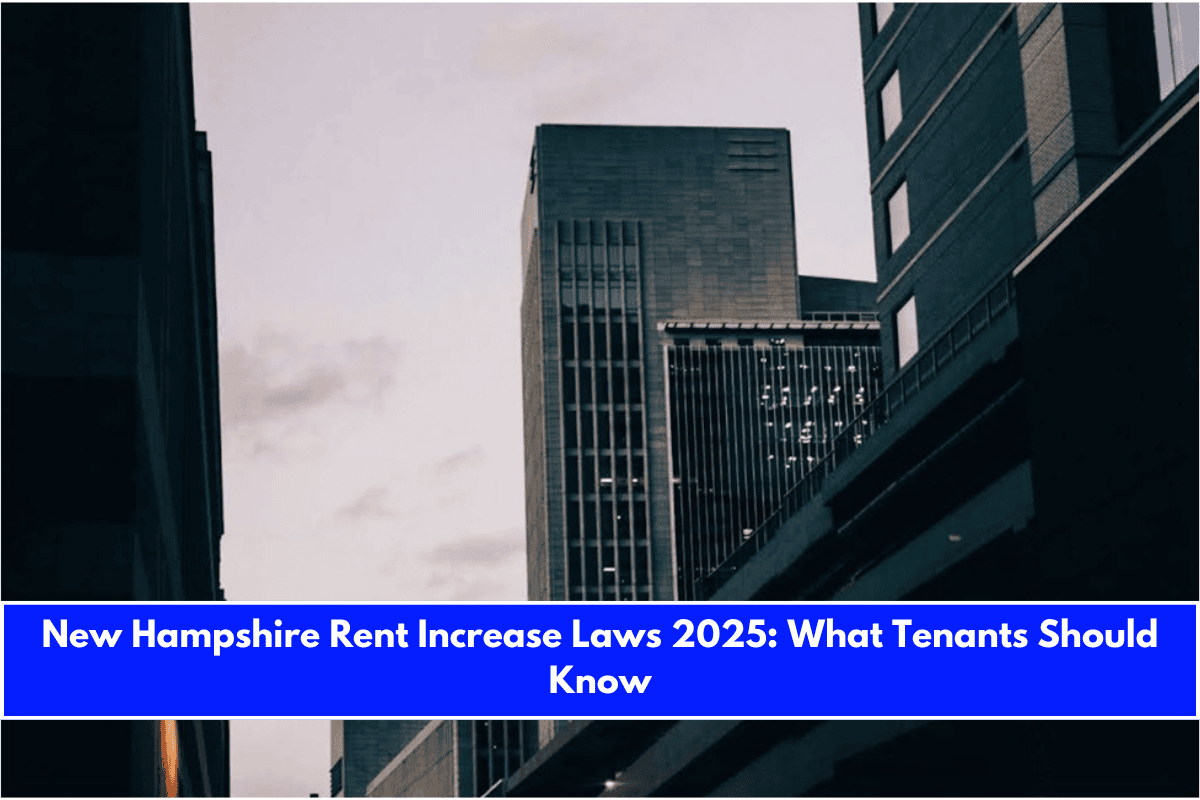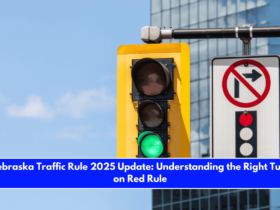New Hampshire tenants face a unique rental landscape in 2025, as the state does not have any statewide rent control laws. This means landlords generally have broad discretion to raise rents, but there are important rules and protections tenants should know.
Key Points on Rent Increases in New Hampshire (2025)
No Rent Cap or Statewide Rent Control
- There is no legal limit on how much a landlord can increase the rent. Landlords can raise rent by any amount they choose, as long as they follow the correct procedures.
- Recent attempts to allow cities and towns to enact their own rent control ordinances were rejected by the New Hampshire legislature, so local governments cannot set their own rent caps either.
Notice Requirements
- Written notice is mandatory. For month-to-month rentals, landlords must provide at least 30 days’ written notice before a rent increase takes effect.
- For yearly leases, a 30-day notice is also standard, unless the lease specifies a different requirement.
- The notice must clearly state the new rent amount and the effective date.
When Increases Are Allowed
- Landlords can only raise rent at the end of a lease term, unless the lease specifically allows for mid-term increases.
- Rent cannot be increased during a fixed-term lease unless the lease agreement permits it.
Protections Against Unfair Increases
- Discrimination and Retaliation: Rent increases cannot be used to discriminate against tenants based on race, color, national origin, or other protected characteristics, nor can they be used as retaliation for a tenant exercising their legal rights.
- Unconscionable Increases: While there is no cap, rent hikes must not be so excessive as to be considered unconscionable or designed to force tenants out unfairly. Tenants can challenge such increases in court.
Tenant Options
- Tenants may negotiate with the landlord, accept the new rent, or choose to move out if they cannot afford the increase.
- If a tenant refuses the increase and does not vacate, the landlord may begin eviction proceedings, but only after proper notice and following legal procedures.
Municipal Rent Control
- As of 2025, no city or town in New Hampshire is permitted to enact local rent control ordinances. All rent regulation is governed at the state level.
Summary Table: New Hampshire Rent Increase Laws (2025)
| Rule/Requirement | Details |
|---|---|
| Statewide rent cap | None – no limit on rent increases |
| Local rent control | Not permitted |
| Notice required | 30 days’ written notice (month-to-month or yearly lease) |
| When increase allowed | End of lease term (unless lease allows mid-term increases) |
| Discrimination/retaliation protection | Yes, increases cannot be discriminatory or retaliatory |
| Tenant options | Negotiate, accept, or move out; challenge in court if unconscionable |
| Notice method | Written notice, delivered personally, by mail, or email (if allowed) |
What Tenants Should Do
- Review your lease for any clauses about rent increases.
- Keep copies of all notices and correspondence.
- Seek legal help (such as 603 Legal Aid) if you believe a rent increase is discriminatory, retaliatory, or otherwise illegal.
- Document everything if you plan to challenge an increase.
Landlords in New Hampshire can raise rent by any amount with proper notice, but must comply with anti-discrimination laws and cannot retaliate against tenants. There are no state or local caps on rent increases, so tenants should be proactive and informed about their rights.
Sources:
- https://www.steadily.com/blog/rent-increase-laws-regulations-new-hampshire
- https://www.hemlane.com/resources/new-hampshire-rent-control-laws/
- https://www.boloforms.com/signature/contracts/real-estate/notice-of-rent-increase/new-hampshire/
- https://www.steadily.com/blog/how-much-can-a-landlord-raise-rent-in-new-hampshire











Leave a Reply